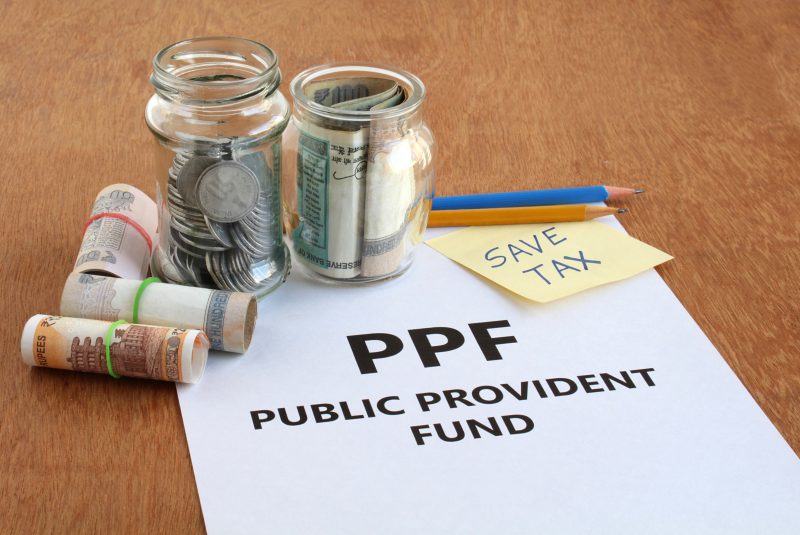Public Provident Fund (PPF) and Employee Provident Fund (EPF) are investments with long-term retirement benefits. Both investments are entitled to deduction under Section 80C of the income tax law. However, the operating mechanism is different for both the schemes.
Under EPF, the employer contributes on behalf of the employee. The employer deducts the contribution from the salary of the employee. Whereas the contribution to PPF is made directly by a taxpayer. A taxpayer can choose the amount of investment in a PPF account in the range to Rs 500 to Rs 1.5 lakh.
Mode of operation:
An establishment having 20 or more employees is registered with the Employees Provident Fund and Miscellaneous Provisions Act (under EPFO). In such cases, the employee’s contribution is 12% of the basic salary and dearness allowance.
The employer is also required to contribute an equal amount and deposit the same along with the employee’s contribution. The contributions under EPF are entitled to earn interest on the balance in the employee’s account. The rate of interest is generally above 8.5%. The interest rate is 8.65% for the FY 2018-19.
Also Read: EPF contribution may reduce, proposed by Labour & Employment Ministry
A person resident in India can open a PPF account. An individual need not be salaried to open a PPF account. The PPF account has a tenure of 15 years. A subscriber can extend the period further in a block of five years after the maturity period of 15 years.
A subscriber to PPF can avail a loan against the account from the third financial year to the sixth financial year. A subscriber can also make partial withdrawals from the seventh financial year. The Government of India has recently notified the PPF interest rate of 7.9% for the quarter July-September 2019.
Tax implications on returns and maturity:
The investment, returns and maturity under PPF fall under the exempt-exempt-exempt category.
- A deduction is allowed for the investment made, thus exempting a part of the taxable income.
- The interest earned on the balance in the PPF account is exempt from tax.
- The amount withdrawn upon maturity of the PPF account is exempt from tax.
Withdrawals from EPF are exempt only if the employee has rendered continuous service of at least five years. While calculating the five years, the period of service would include the service rendered with the previous employer.
The condition is that the employee is required to transfer the balance in the EPF account from the previous employer to the new employer.
For any clarifications/feedback on the topic, please contact the writer at sweta.dugar@cleartax.in
I am a Chartered Accountant by profession. I specialise in personal taxes and corporate income tax matters. I am an avid reader and track developments in financial markets, economy and other market developments.





